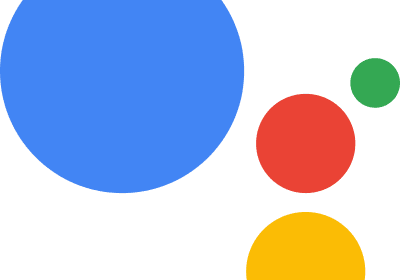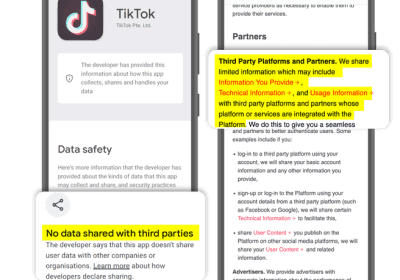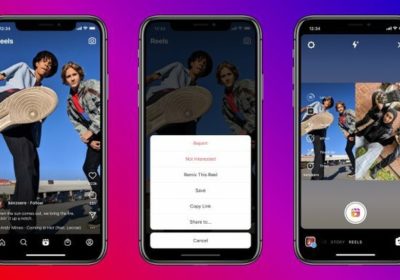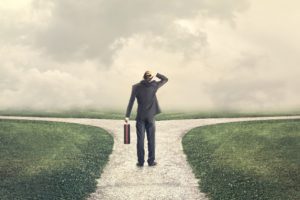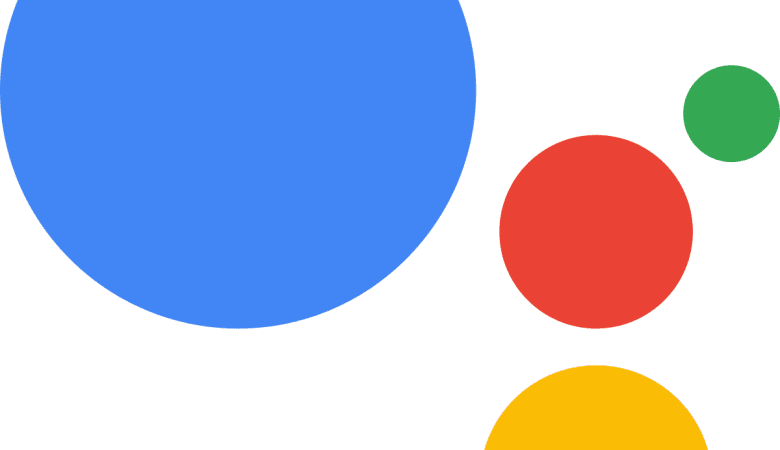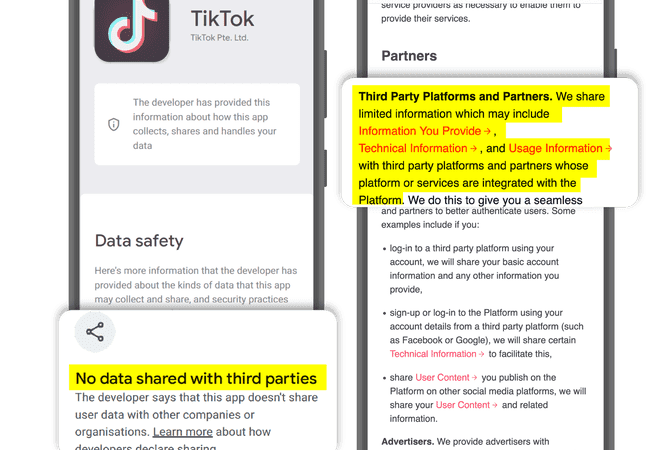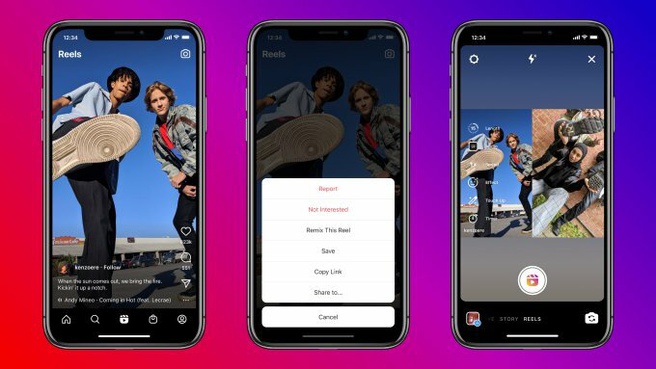“The future is made up of many accidents, not all of them will coincide with our expectations. We can predict, for example, the weather, and we imagine that we can perfectly plan anything. “
Planning and big data rob us of freedom and happiness, says CEO and business author Margaret Heffernan . In an interview with Reminder, she said that in her new book she explains why planning does not always work and how to get along with uncertainty.
– We find it difficult to cope with unexpected situations precisely because we are good at predicting many things, for example, the weather, and we tend to imagine that we can perfectly plan anything. But the truth is, we can’t. The current pandemic is a perfect example. I think we’ve become too dependent on certainty. There is a limit to the ability to predict.
Here’s a perfect description of uncertainty: we know that something is going to happen, but we don’t know what, when, and why. And it drives us crazy!
The future consists of many random events and unforeseen circumstances, some of them will coincide with our expectations, some will not.
We cannot say: “Okay, in 487 days there will be a new epidemic, and such and such a disease will cause it” – the planning method does not work in this case. But we can identify the range of diseases with the greatest epidemic potential for the next five years and start preparing for them right now. This is what I mean when I talk about the need for preparation, not planning.
First, it is impossible to collect all the data, no matter how hard Google, Amazon and Facebook try. Secondly, the future is created thanks to new knowledge and inventions, and they cannot be predicted. In fact, what is presented to us as a prediction is often just propaganda or advertising. For the past 20 years, we have been told every year: “This year virtual reality will definitely change everything.” Or: “This will be the year of self-driving cars.” The dates are shifted each time to the next year, which never comes. Such predictions are like a pre-sale of a product that does not yet exist.
Technology experts believe that humans are simply massive amounts of data. Life would be much easier if it were true. But this is not the case. No one has any data on how much I love my children. No one has information about my plans for tomorrow, because I did not write them down, I did not tell anyone about them, and in general I just thought about it. Maybe tomorrow I’ll get sick at all. The very idea that we are just megabytes of data turns us into slaves. If we are just a collection of data, and someone has access to it, that someone can manipulate us. But we are much more than just data.
Due to the dependence on technology, we lose creativity and individuality. For example, when my friends were planning a trip to Barcelona, they were looking for the most interesting places in Barcelona that must be visited. Most people do that. What restaurants to go to? What hotels to stay in? Where to take a walk? After that, you don’t even have to go to Barcelona – you’ve already been there. In reality, you will only see what you yourself and everyone else have already seen on the Internet. This is how we lose our freedom to explore. We have no time to walk the streets not mentioned in the reviews, talk to a stranger, or make a spontaneous decision.
If each of us sees the same Barcelona, we will simply have nothing to tell. Dependency on certainty makes our life less happy. After all, the more you plan, the less you discover.
The solution is in creativity. Creative people are great at dealing with constraints. The worst thing for them is complete freedom. If you tell a writer to write anything, just anything about anything, it will be terrible. And if you ask him to write exactly fourteen lines, it will inspire him.
Now I see many people developing their skills, forging new relationships and exploring new things. If they cannot yet achieve their main goal, they use this time to develop. And when there is more freedom, they can reach their goal faster. This is the right combination of short-term and long-term planning: not a plan for how to achieve a goal, but a plan for how to move in the right direction.
Optimists do it better. Not because they just sit back and say: “Come on, who cares about the pandemic, everything will be fine.” They think, “Okay, what should I do now?” So they are practical. The point is not to have a plan, but to grope for the right direction – to understand who you want to be and where you ultimately want to go.
It doesn’t matter where you start, the main thing is to start. The complexity of the crisis is that people are very depressed, it is difficult for them to find the strength to take the first step. This is why support is so important.
We must continue to live even when we don’t feel like it at all. It’s important not to forget how it’s done by the time you want to live again.
Social capital will not disappear: it is something that we build up throughout our lives. If you do nothing, it will simply feel less. It will become increasingly difficult for you to keep in touch with people. You might think, “I haven’t spoken to this person for six months, now I can’t just call him.” Therefore, it is important to keep social connections active. Now it takes more effort. Try to call friends spontaneously without planning ahead.
Distance between people is much more dangerous than closeness. If we are too formal and too far apart, we cannot help each other.
We become stronger if we care about others, and weaker if we think only of ourselves. And, of course, if we think only of ourselves, then we find ourselves in isolation. And isolation is the path to powerlessness.

